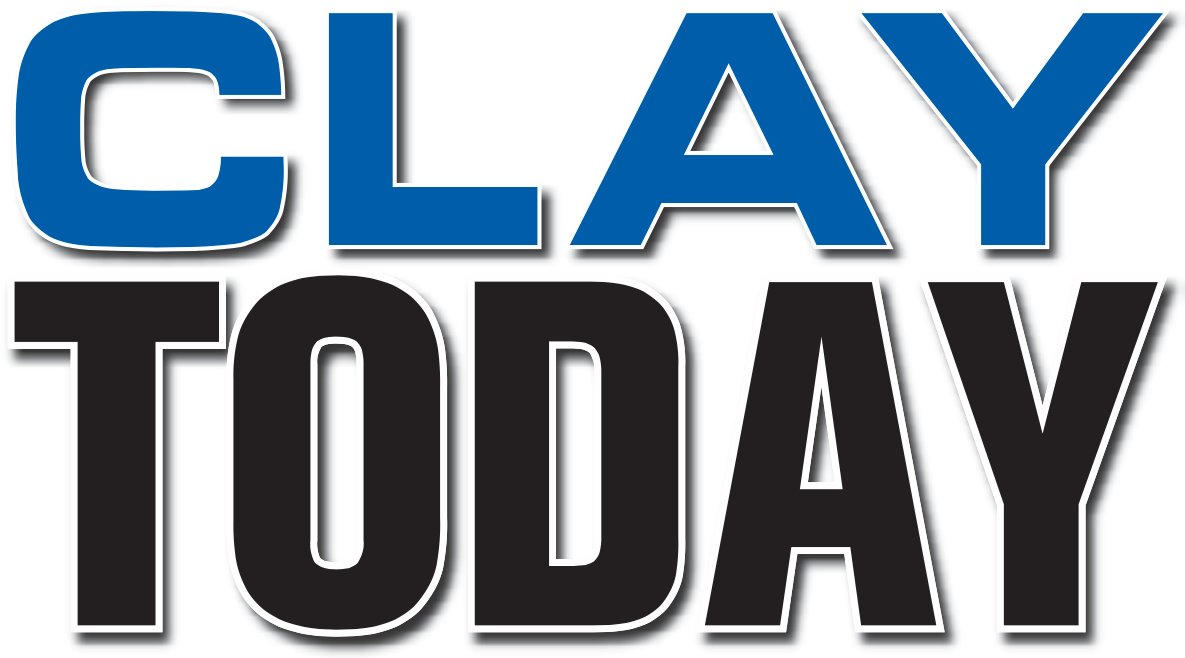Letter to the Editor 3/19/20
Support SB 230, HB 713
Bill would require 911 operators to tell callers how to perform CPR
To whom it may concern,
Several years ago, my wife went into cardiac arrest. She was just 38. Fortunately, I was able to do hands-only CPR until paramedics arrived and used their training to help. Thank goodness I did. It saved her life.
When there is an emergency, we know to dial 911, but are you aware that 911 operators in Florida are not required to know how to explain how to perform hands-only CPR? Dispatchers who answer these calls are often our first point of contact and have the unique opportunity to help callers as they wait for first responders to arrive. In moments when every second is critical, they are the gateway to our emergency response system.
To ensure all dispatchers are trained and able to coach bystanders on how to perform CPR, I ask that you please include telecommunicator CPR in the Health Department package bill, SB 230 and HB 713.
Cardiac arrest is among the leading causes of death in the United States, where more than 350,000 out-of-hospital cardiac arrests occur each year. It strikes suddenly and without warning, and what happens in the first few minutes can mean the difference between life and death. For every minute without CPR, survival from a witnessed cardiac arrest decreases 7-10%. Given the protracted emergency medical service response times in many rural areas, the need for CPR to be initiated prior to EMS arrival is even greater.
Dispatchers can and should be trained to provide CPR instructions to bystanders. They can coach callers with real-time, step-by-step instructions, enabling these callers to become lifesavers while awaiting EMS arrival. This is known as dispatcher-assisted CPR (or telephone CPR). Our goal is to ensure that all dispatchers receive this training, and as a result, all callers are provided with these important instructions.
Dispatcher-assisted CPR has been shown to significantly increase bystander CPR rates and cardiac arrest survival. It has the potential to increase the chances by 15% of a bystander to step in and perform CPR. Even trained bystanders may need coaching during what are difficult and often frantic times, and those without previous CPR knowledge can quickly be instructed.
Dispatcher-assisted CPR is also an effective and low-cost strategy to improve cardiac arrest survival. Still, it remains underutilized. More comprehensive implementation of CPR prearrival instructions has the potential to save many lives each year. I ask you to please support and include telecommunicator CPR in the Health Department package bill, SB 230 and HB 713, ensuring all dispatchers are trained and able to provide this life-saving instruction.
Sincerely,
Jose Delgado
Fleming Island








